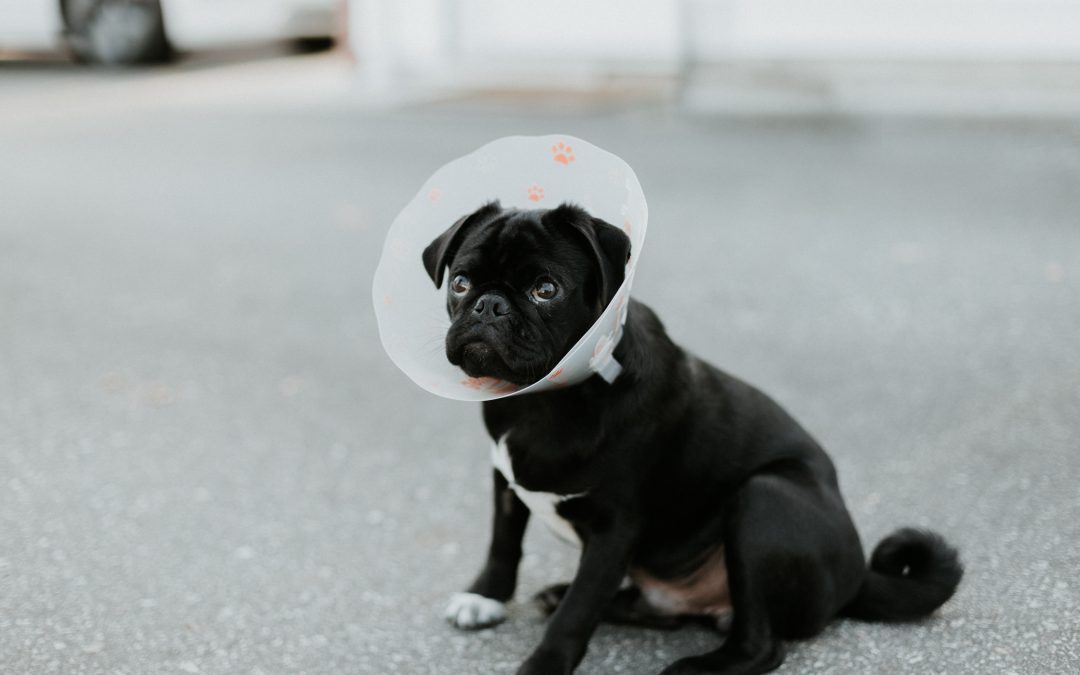Although it is pretty normal to get our pet dogs spayed or castrated and appears ‘standard’ to us, it is quite significant from your dog’s point of view. The procedure alters the hormones produced by your dog and can result in triggering a number of behavioural changes.
There are a lot of variations in these changes, and different dogs tend to react in different ways. Depending on the age of your dog, you may never even notice a change at all. Typically, males experience greater behavioural changes than females following a neutering operation.
Below is a list of potential changes that could take place after your dog is neutered.
Males
- Many male dogs will either stop mounting and humping other dogs, people’s legs and random objects or do it less.
- Most males will become less likely to wander off or escape your yard in the pursuit of romance once they’ve been neutered.
- Sometimes males stop exhibiting urine marking as frequently. This does not mean that if your dog is poorly toilet trained they will suddenly start going outside instead of all over your furniture.
- Some male dogs will exhibit fewer aggressive behaviours after being neutered, but ONLY if the aggression was triggered by sex behaviour. For example, reactivity to other male dogs is often improved by neutering, but not reactivity to dogs in general.
- Fear and stress related aggression will generally not improve after neutering, but may very well get worse. The dog has no longer got the chemical ability to cope with high levels of stress and will therefore feel insecure and be more reactive with the decrease of hormones. Speak to a canine training professional as well as to your vet for advice on whether castration will resolve your dog’s reactivity.
Females
- Sometimes females will calm down after being spayed, but usually they will act just the same as they did before the operation.
- “When a female dog enters heat, her hormones change and may cause her to become irritable or stressed. As a result, she may be more aggressive during this time and act out or attack other pets in the household…An unspayed female dog’s hormones may also cause her to display guarding behavior. Some dogs who don’t get pregnant during a heat cycle will experience a “false pregnancy” and may begin to treat household objects as their litter, guarding them like they would their puppies. Spaying will prevent these behaviors in a female dog and typically make her more calm and consistent.” – Nasa Pet Hospital, www.nasapethospital.com
- Regardless of personality changes that may occur, spaying often provides several health benefits. Females who have been spayed are less likely to develop uterine infections or mammary cancer.
Speak to your vet about the appropriate age to neuter your dog as it can differ based on breed and gender. It is important to allow your puppy to grow and develop in a natural way.
Reach out to a professional dog trainer if you need help resolving a behaviour that you don’t think castrating will help resolve, or if you need help dealing with a post-op behaviour change.

